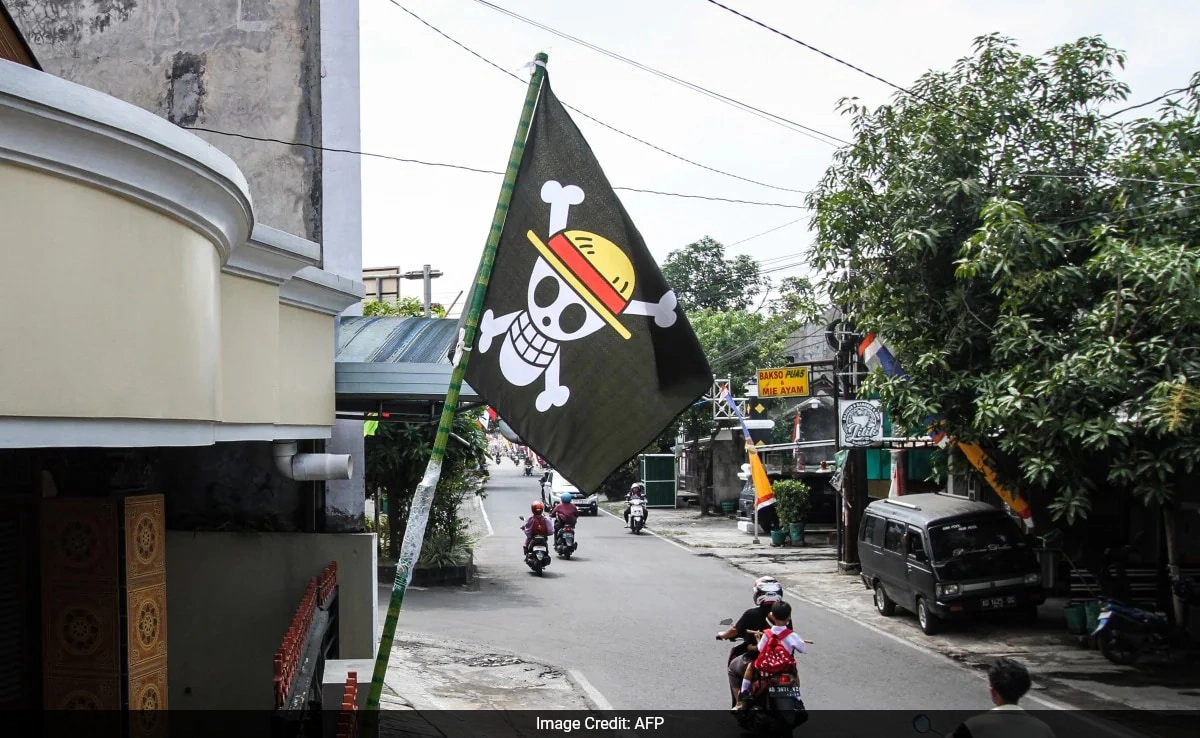The recent controversy surrounding a Japanese anime pirate flag in Indonesia has sparked significant discussions about cultural sensitivity and the implications of globalization. The flag, which features imagery from popular anime series, was displayed during a local event, leading to an uproar among various groups within the Indonesian community. Many took issue with the flag’s portrayal of piracy, as it clashed with Indonesia’s national maritime identity and historical context. Indonesia, with its rich seafaring heritage, has long viewed piracy as a serious offense, and the juxtaposition of this image with a beloved cultural product from Japan raised eyebrows and elicited strong reactions.
Critics argue that the flag trivializes the serious implications of piracy in Indonesian waters, where piracy has historically been a threat to safety and commerce. The anime flag, intended as a playful homage to popular culture, was perceived by some as disrespectful to the nation’s ongoing struggles against maritime crime. This led to discussions about the responsibility of creators and fans alike to be aware of the cultural sensitivities of different regions, especially when dealing with themes that have significant local ramifications. The incident has prompted a broader dialogue about the balance between celebrating global pop culture and respecting local histories and values.
Proponents of anime and the flag’s display argue that it is a form of artistic expression that transcends cultural boundaries. They contend that anime has become a global phenomenon, and its themes often include adventure and camaraderie, which are universally appreciated. However, this perspective clashes with the realities of cultural representation and the potential for misunderstanding. The debate highlights the necessity for sensitivity in cross-cultural exchanges, particularly in a diverse nation like Indonesia, where various ethnic groups and traditions coexist.
Ultimately, the controversy serves as a reminder of the complexities involved in cultural exchange in our increasingly interconnected world. It underscores the importance of dialogue and understanding in navigating the waters of global fandom while respecting local sentiments and histories. As both Indonesia and Japan continue to engage with each other through culture, art, and media, it becomes imperative for fans and creators to foster a mutual respect that acknowledges the weight of historical narratives, ensuring that expressions of creativity do not inadvertently offend or alienate.




